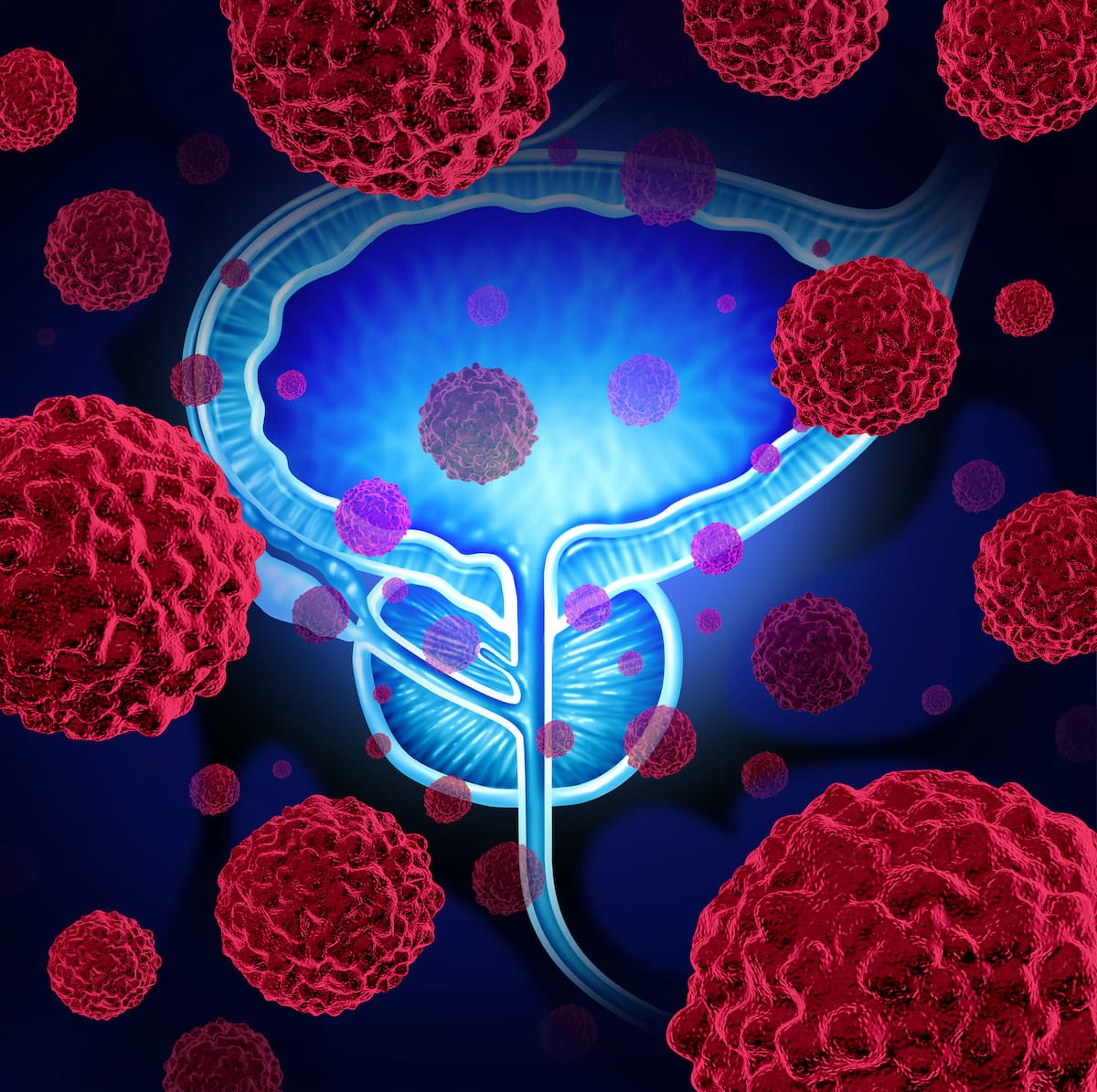Fitness
CAR T-Cell Therapy Demonstrates Promising Results for mCRPC

In a phase 1 trial, City of Hope’s CAR T-cell therapy showed minimal adverse effects and promising therapeutic activity for advanced prostate cancer.
Minimal adverse effects (AEs) were noted when CAR T-cell therapy plus cellular immunotherapy was used to treat metastatic castration-resistant prostate cancer, according to a phase 1 trial (NCT03873805) conducted by City of Hope.1,2
The results were published in Nature Medicine and analyzed the safety and dose-limiting toxicities observed in this treatment. Of note, out of the 14 patients assessed, 5 had mild or moderate cytokine release syndrome.
“Prostate cancer has been called an immune desert — the tumor microenvironment is difficult to treat with immunotherapies because you don’t get a lot of T cells inside the tumor,” Tanya Dorff, MD, section chief of Genitourinary Disease Program, and professor at the Department of Medical Oncology & Therapeutics Research at City of Hope, said in the press release. “It takes something powerful to overcome that. Our study showed that City of Hope’s CAR T-cell therapy for prostate cancer could be a step closer to doing that.”
A total of 14 patients were treated between August 2019 and July 2022. The median patient age was 62 in dose level 1 (DL1), 70 for dose level 2 (DL2), and 69 for dose level 3 (DL3). The baseline prostate-specific antigen (PSA) ranged from 16.5 ng/mL to 235.3 ng/mL.
Primary end points were safety and dose-limiting toxicities. Secondary end points were expansion and persistence of CAR T cells to 28 days post-infusion, disease response by PSA decline and RECIST, and survival described as patient survival at 6 months.
Declines in PSA levels before treatment to day 28 after CAR T-cell therapy infusion were observed in 1 of 3 of patients in DL1, 3 of 6 in DL2, and 3 of 5 in DL3. Additionally, 4 patients across DLs experienced PSA level declines of more than 30%, and only 1 patient maintained it beyond 28 days.
One patient in DL1 experienced a transient PSA response linked to early neuroendocrine expression in the on-study biopsy and 1 within the DL2 cohort achieved a PSA decline greater than 90% in the first 28 days post-CAR T cell infusion.
Rates of stable disease by RECIST were 0% in DL1, 67% in DL2, and 60%, and a 33%, 67%, and 40% 6-month survival rate, respectively. Furthermore, cytokeratin (CK)-positive cells were detected in 100% of patients, with marked declines in mean CK-positive from baseline to 28 days after treatment in DL2 and Dl3 cohorts, but not in DL1.
Dose-limiting toxicities did not occur in the DL1 and DL3 cohorts, however, 2 patients in DL2 did. Additionally, CRS was observed in 1 patient in DL1, 2 in DL2, and 2 in DL3. The median onset of CRS was 4 days (range 3-8 days), with no instances at grade 3 severity.
Grade 3 AEs in DL1 included 2 patients having anemia, and 1 patient having decreased lymphocyte count. In DL2, 2 patients had anemia, 2 had fatigue, and 1 had pain. In DL3, 1 patient had decreased lymphocyte count.
“The patient’s results were very encouraging, and we are deeply grateful for his participation in our study as well as other patients and their families. We want to continue with this therapy and increase the amount of CAR T cells, and continue to carefully monitor for any health problems, as we think this can improve the therapy’s effectiveness,” Dorff concluded.
References
- City of Hope CAR T cell therapy for advanced prostate cancer demonstrates positive results in phase 1 clinical trial. News release. June 12, 2024. Accessed June 26, 2024. https://tinyurl.com/3wc5yeze
- Dorff T B, Blanchard S M, Adkins L N, et al. PSCA-CAR T cell therapy in metastatic castration-resistant prostate cancer: a phase 1 trial. Nat. Med. 2024;30:1636-1644. doi:10.1038/s41591-024-02979-8










